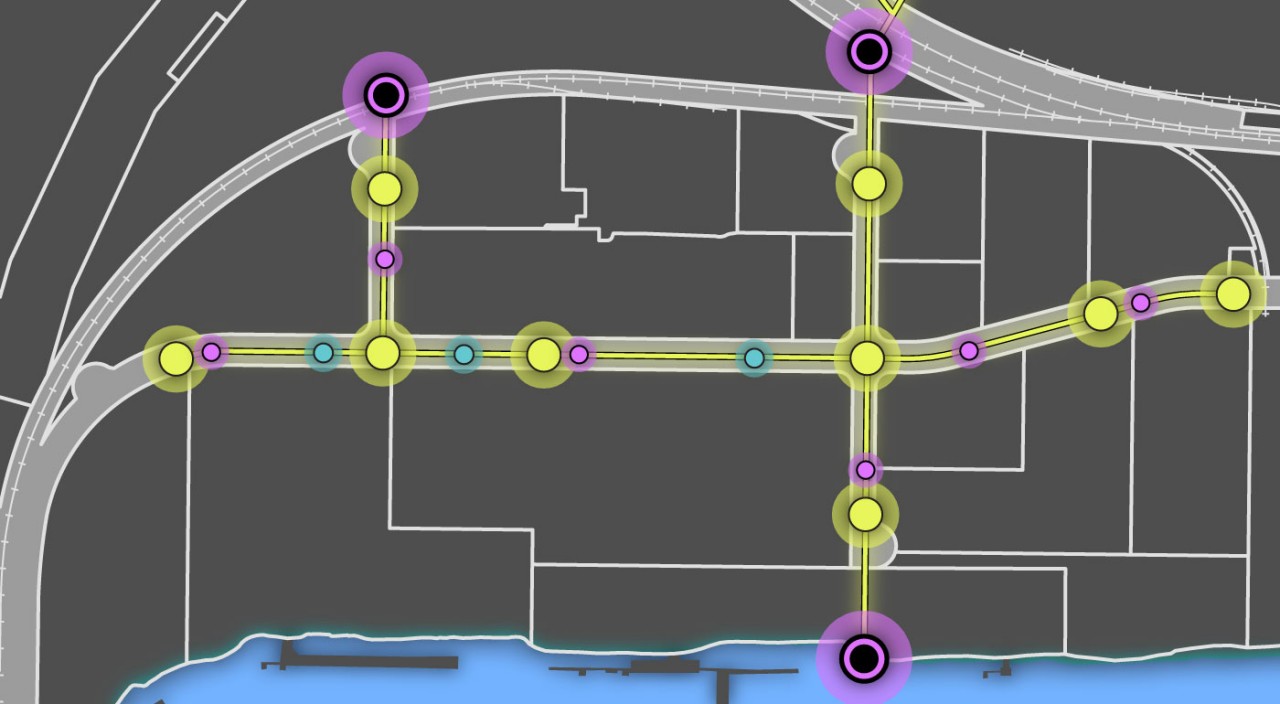Stop the brain drain! Asset Management Best Practices for Preserving Institutional Knowledge
Author: Grant Herbert, GISP Published: August 7, 2019I’ve got some important questions for you:
Do you rely on employees with the most experience and expertise to provide context for projects and historical knowledge about key assets?
Are these employees your go-to resource for records and data?
Are these employees the only ones who understand your internal systems and workflows?
Does it take a long time to train new staff on your asset management practices?
If the answer to any of the questions above is yes, you might want to take a look at your systems for managing, tracking, and locating assets. As staff members retire (and many are retiring in large numbers) or move on to other jobs, they take institutional knowledge out of your organization. If you don’t have another source of that knowledge, it is much harder to respond to unexpected challenges and keep things running smoothly, as staff may struggle to understand the systems and changes that have occurred over time and efficiently manage the system in the immediate future, potentially impacting service delivery to citizens.
Asset Management Best Practices
If you think your organization is at risk of losing critical asset knowledge, consider these five asset management best practices
1. Clearly identify what information can and should be captured and maintained (e.g., asset locations and their associated attributes).
2. Identify all your current data sources and their accuracy. Whether paper plans, as-builts or staff knowledge, you need to understand what you do and don’t know.
3. Establish a process for resolving conflicting data.
4. Identify your most experienced staff and implement a plan that transitions their institutional knowledge from inside their brains to a shared space.
5. Create a single source of asset information and set up workflows that allow you to update it from the field or office as needed.
The bottom line: thousands of U.S. infrastructure managers are nearing retirement, putting organizations at risk of losing critical institutional knowledge. No organization is immune. But with a solid asset management system in place, good data maintenance, and easy access to information and knowledge about the system for all staff, your organization will be stronger, more efficient, and more resilient.

Asset Management Services
Save time and money, minimize surprises, and optimize performance. From maintaining stormwater pipes to replacing fire extinguishers, we help track and visualize asset conditions and maintenance needs, and do it all in a centralized location.
Explore Our Work
-
Electronic Field Forms Solve Asset Management Workflow Challenges
Client: Clark Regional Wastewater District
-
Improving Asset Management for a Utility District
Client: Snoqualmie Pass Utility District
-
Stormwater System – Asset Management Development
Client: City of Kelso
